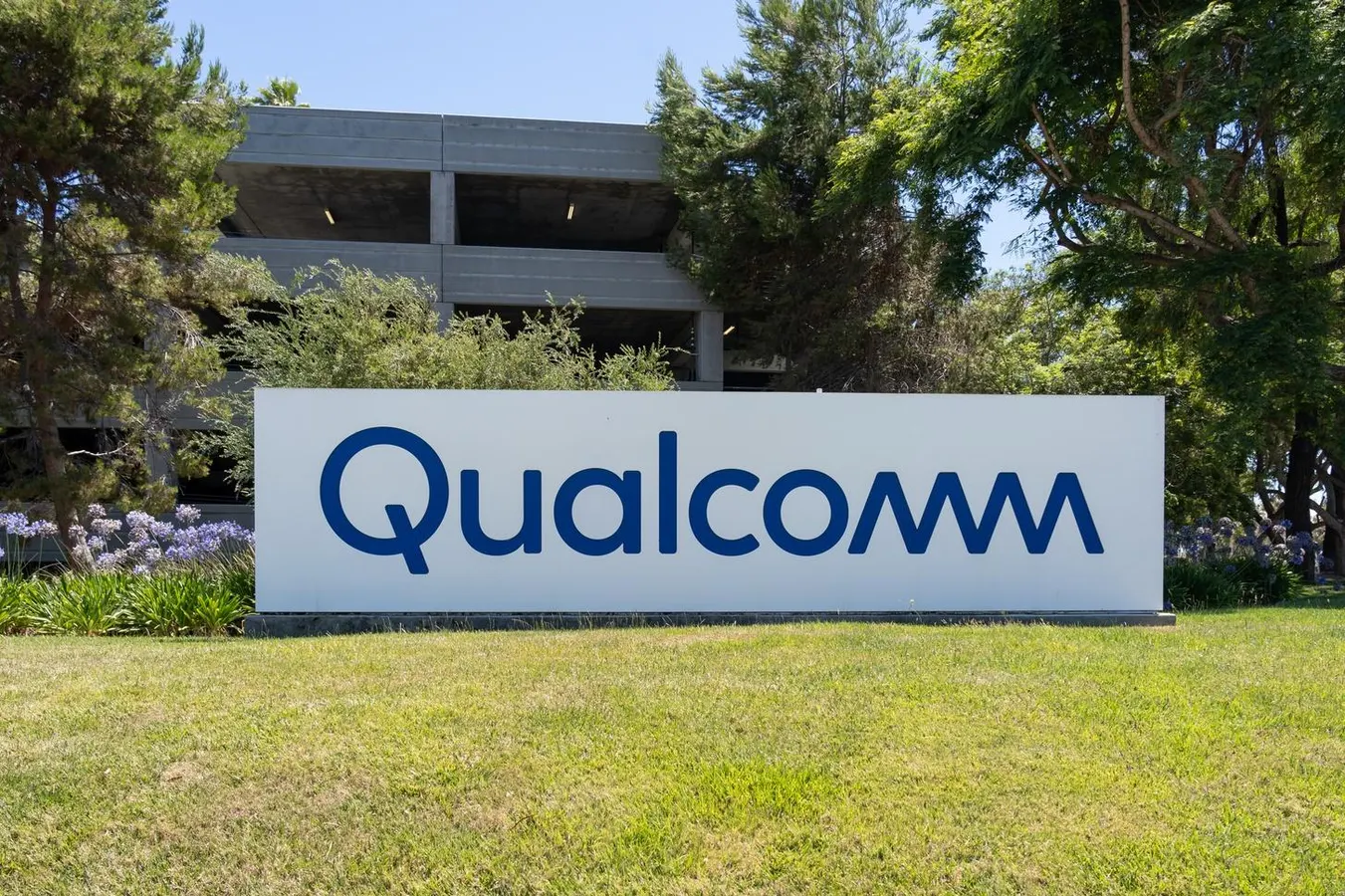By Bill Curtis,Contributor
Copyright forbes

Qualcomm’s acquisition gives it access to millions of developers in the Arduino ecosystem while also supporting its platform strategy for embedded devices, which now extends across hardware, software, AI and tooling.
Qualcomm has just announced its agreement to acquire Arduino, a leading open-source hardware and software company that has about 33 million active developers in its ecosystem. Arduino is the leading provider of “maker platforms” for developing and prototyping small, microcontroller-powered products. Even novice developers can plug an Arduino board into a PC or Mac, download a simple IDE and start writing useful code in a half-hour or less. Getting started with embedded development is now a “one cup of coffee” task.
According to the two organizations in the deal, Arduino will retain its brand, tools, mission and wide range of multivendor processors. So what does this mean for Qualcomm, Arduino and the world of embedded devices generally?
(Note: Qualcomm is an advisory client of my firm, Moor Insights & Strategy.)
Qualcomm Plans To Maintain Arduino’s Trajectory
My hot take: This is big. Qualcomm is leading the platform trend for embedded devices. Supported by a series of acquisitions, the company provides operating systems (Foundries.io), AI workflow tools (Edge Impulse) and now integrated hardware, software and tooling that let developers prototype, develop and deploy applications without customizing any system-level code (Arduino). This makes building embedded products much faster and easier, comparable to developing applications for mainstream PCs and mobile devices. Arduino also gives Qualcomm a channel to millions of embedded developers and a paved path to low-code, module-based embedded product development and commercialization.
At a recent analyst briefing, Nakul Duggal, Qualcomm’s group general manager of automotive and industrial and embedded IoT, stressed that the acquisition would not change how Arduino operates. The company will continue supporting multiple silicon providers while adding Qualcomm’s products to its ecosystem. This makes sense because the extreme diversity of embedded products requires a broad and open silicon ecosystem. I heard the same “open” story after the Foundries.io and Edge Impulse acquisitions, and so far Qualcomm has been true to its word. Duggal knows that a closed hardware ecosystem is a non-starter for embedded developers, and Qualcomm’s strategy is to improve access for millions of developers, so “open” is the only way to go.
The announcement also includes the first joint product, the UNO Q. This is Arduino’s first “dual-brain” Qualcomm board, powered by the Dragonwing QRB2210 SOC, which is well-suited to vision and sound applications. There’s also an STM32U585 microcontroller for real-time tasks, underscoring Qualcomm’s commitment to an open hardware ecosystem. This is the first board to work with Arduino App Lab, a new integrated development environment for MCUs and MPUs. The IDE supports real-time Linux, Python and AI flows. As expected, App Lab integrates with Edge Impulse AI workflows, but I don’t yet have details on Foundries.io integration.
Embracing A Platform Approach For Embedded Development
For years, I’ve advocated a platform approach to embedded development and advised product companies to buy — not build — system software whenever possible. This strategy is now mainstream, with most major chip companies supplying increasingly deep software stacks.
Daniel Cooley, CTO of Silicon Labs, once told me “The days of bare-metal silicon are over.” He’s right. For example, Espressif, Nordic, NXP and Silicon Labs now offer pre-certified Matter stacks for consumer products, so product developers just write applications and use the platform stack as-is.
How far up the stack will chip suppliers go? Last month, Qualcomm announced Ride Pilot, a complete Level 2+ ADAS stack, developed in collaboration with BMW. That’s the whole stack — all of the software that supports applications. The future of embedded is platform-based, and it’s apparent that Qualcomm is all-in.
Moor Insights & Strategy provides or has provided paid services to technology companies, like all tech industry research and analyst firms. These services include research, analysis, advising, consulting, benchmarking, acquisition matchmaking and video and speaking sponsorships. Of the companies mentioned in this article, Moor Insights & Strategy currently has (or has had) a paid business relationship with NXP and Qualcomm.
Editorial StandardsReprints & Permissions